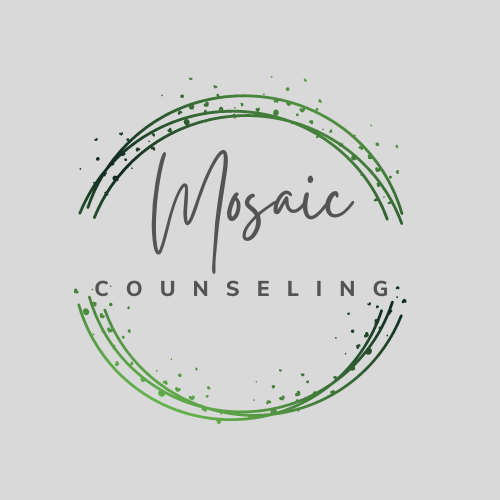Tackling Parental Stress: A Call to Action
I used to stress my mom out. I know this because she reminded me through her life of all the things I was that worried her: a colicky baby with a formula allergy; a child who passed out easily (harmless vasovagal reaction); a teen with a ‘smart mouth’; a homesick college student who threatened to drop out. As I aged, she told me, “When you’re a parent, you never stop worrying about your kids, no matter their age.” That was hard to believe, until I had my own children starting 20 years ago!
Parental stress is a multifaceted experience that can manifest in various ways, from feelings of overwhelm to anxiety and burnout. In 2024 the U.S. Surgeon General warned that this stress not only impacts the parents but also has profound effects on children and family dynamics. According to a 2023 survey, 48% of parents say that most days their stress is completely overwhelming (compared to 26% among other adults). Through my parenting and my work, I have witnessed firsthand how unresolved stress can lead to complications in parenting, relationships, and overall mental health. To work toward solutions, it is important to consider what parental stress really looks like and why it’s on the rise.
Unpacking the Causes
Several factors contribute to the increasing levels of stress among parents:
Money Matters: Financial pressures are a huge stressor. Many parents are juggling bills and trying to provide for their families, all while dealing with job uncertainties.
Work-Life Balance: Balancing work and home life can lead to chronic stress. With remote work becoming more common, it’s easy for personal and professional lives to blend together, leaving parents feeling like they’re always on duty.
Feeling Isolated: Many parents feel lonely, especially new ones without a solid support system. The COVID-19 pandemic made it even harder for families to connect with others.
Pressure to be Perfect: The pressure to be an ideal parent can be overwhelming, especially with social media portraying everyone’s “perfect” lives. The constant comparison to others can create unrealistic standards that weigh heavily on parents, creating feelings of inadequacy.
Mental Health Challenges: Parents’ mental health plays a critical role in how they cope with stress. Issues like anxiety and depression can make parenting feel even more daunting.
Why Does Parental Stress Matter?
High levels of stress can lead to:
Parenting Struggles: When parents are stressed, it can affect how they interact with their kids. This might mean more frustration and less patience, which can hurt the parent-child bond.
Impact on Kids: Children raised in high-stress environments might face their own emotional and behavioral challenges. Stress can disrupt healthy development and attachment.
Health Issues: Chronic stress can take a toll on parents’ health, leading to physical and mental health problems that make parenting even tougher.
Strategies for Easing the Stress
So, how can we tackle this stress? Here are some recommended strategies:
Build Your Support System: Connecting with other parents through community groups or online networks can help reduce feelings of isolation. These connections can provide emotional support and shared experiences.
Seek Professional Help: Counseling services and parenting classes can be helpful and empowering. Therapy can provide a safe space to work through challenges and develop coping strategies.
Advocate for Flexibility: Talking with the workplace about policies that support work-life balance can make a big difference. Flexible hours and parental leave can help ease some of the pressure.
Raise Awareness: It’s important to talk openly about the challenges of parenting and mental health. This can help parents feel less alone and more comfortable seeking help.
Prioritize Self-Care: I often remind parents to take care of themselves, too. Simple things like mindfulness, exercise, and setting aside personal time can recharge their rejuvenate parents and help them be more present for their kids.
The Surgeon General's warning about parental stress is a powerful reminder of the realities many families face today. By focusing on mental health, engaging community connections, and utilizing available resources, parents can navigate stress with more ease and confidence. Let’s work together to support one another and ensure that parents feels empowered in their role, benefiting both parents and their children.
Written by: Julie Moeller, MA, LMHCA
For more detailed information, refer to the complete U.S. General publication:
Parents Under Pressure: The U.S. Surgeon General’s Advisory on the Mental Health & Well-Being of Parents. https://www.hhs.gov/sites/default/files/parents-under-pressure.pdf

